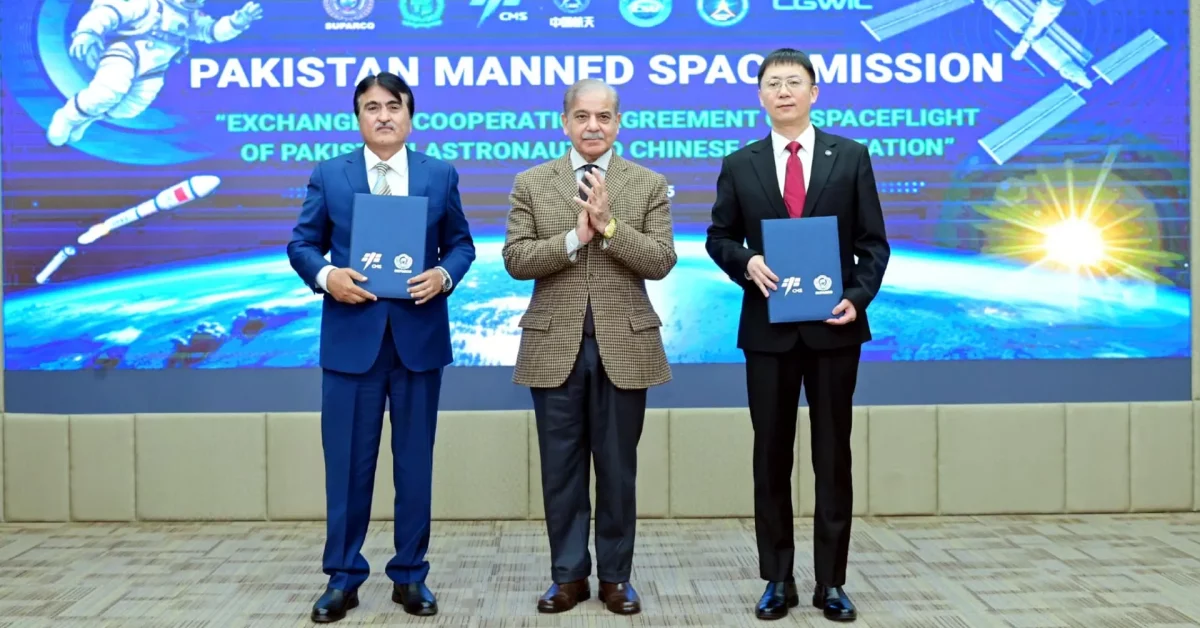
The Art of Pivoting
September 7, 2020
Cybercrime on the Rise as More Pakistanis Go Online
September 15, 2020STEAM vs STEM | Conversations@Jazz
In this episode of Conversations@Jazz, Aisha Sarwari, head of the Communications and Sustainability department at Jazz, meets one of the National Incubation Center’s pride and leading entrepreneur and CEO of Oxbridge Innovative Solutions, Manzil Maqsood.
As CEO, Manzil strives to work towards making the teaching and learning of math and science fun and interesting by integrating STEM or STEAM philosophy into the mainstream curriculum.
“What we do is, we partner with schools and inform them of the value addition we bring to their existing math, science, and technology classrooms by adding hands-on materials,” Manzil explained. Currently, in the testing phase, the initiative is targeting the local population in Rawalpindi and Islamabad, with an aim to extend to Abbottabad soon.
STEM or, Science Technology Engineering and Math is a group of subjects currently in a tug-of-war with STEAM, an enhanced idea advocating for the inclusion of Arts to the STEM equation. Manzil explains how her stance on transforming STEM into STEAM is based on research that states how beneficial it can be in segregated or stigmatized education systems.
“By the introduction of arts, it has been learned through research is evidence that children, particularly girls who are not very fond of maths and technology subjects tend to develop an interest by the inclusion of arts,” informed Manzil. Over 12% of the students benefitting from this initiative are girls and Manzil hopes the number will grow.
Pakistan is still pacing behind the world when it comes to the fair inclusion of genders in the education system, whereas the societal norms have especially held women back.
“Only a handful of careers that are considered for a girl over here,” Manzil explained, “For instance, girls are pushed towards pursuing medicine or desk-job careers, which is something I faced myself growing up,” she added, noting how these days, every individual need to be a jack of all trades to survive the evolving job market.
Speaking about the efficiency and application of this initiative, Manzil explained how there’s an increase in attainment by 15 to 17 percent in one academic year.
“We’ve done a pilot of our products before in various schools, and we’ve done it for the whole academic year,” she informed, “I want my children to actually be able to learn the concepts as well as be able to apply those concepts in their real life. And if we do not provide them the necessary materials and necessary resources to implement the concepts learned in the classrooms, they won’t be able to contribute to the economy of this country at all. We will just have a lot of graduates with flashy degrees, but not students who will actually make an impact on society and make an impact on the economy,” she added.
Manzil insists everyone’s contribution in making access to government schools and potential partner schools easier so she and her team and help the students there with the resources they provide and to elevate the students’ understanding of the concepts.






